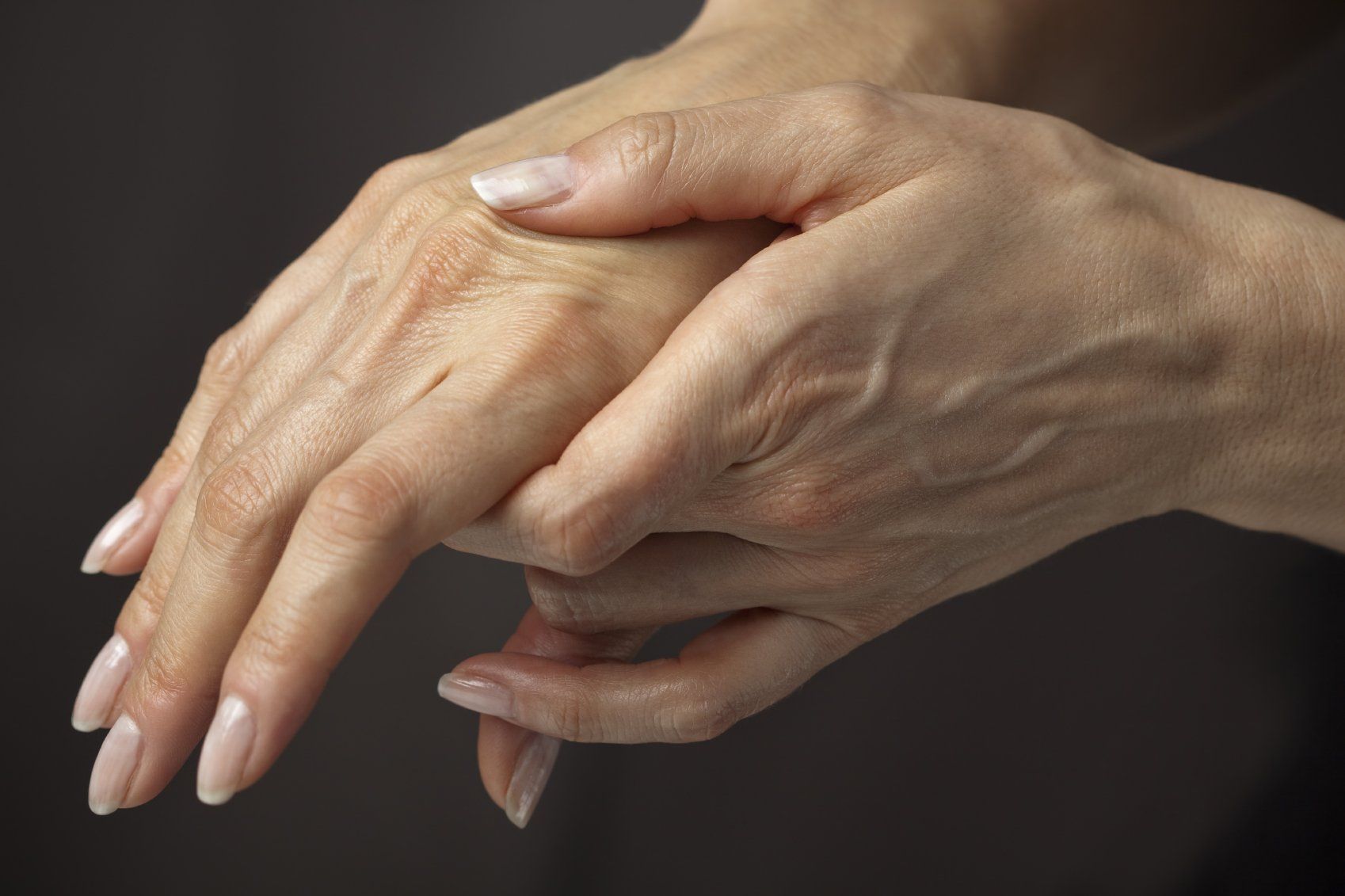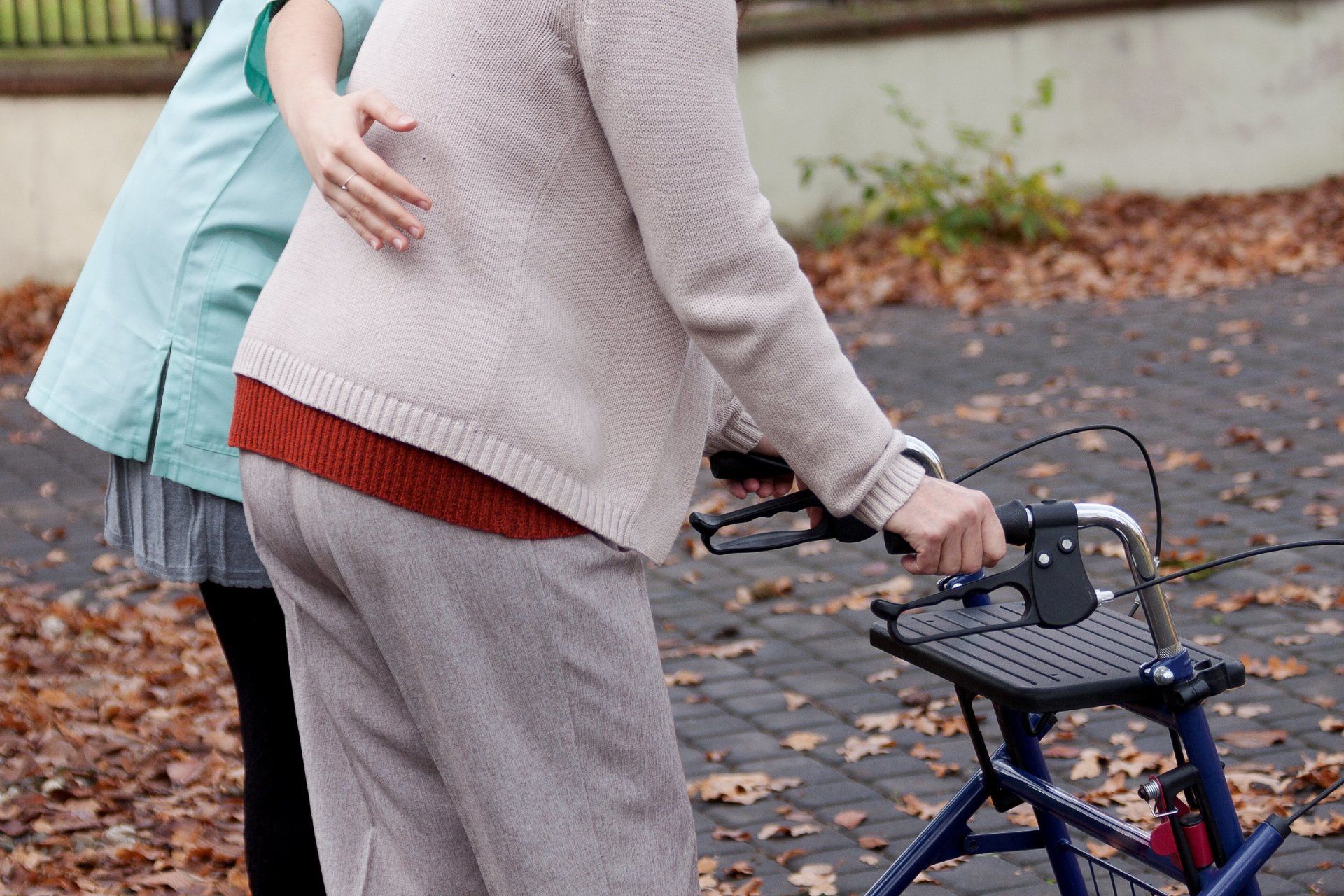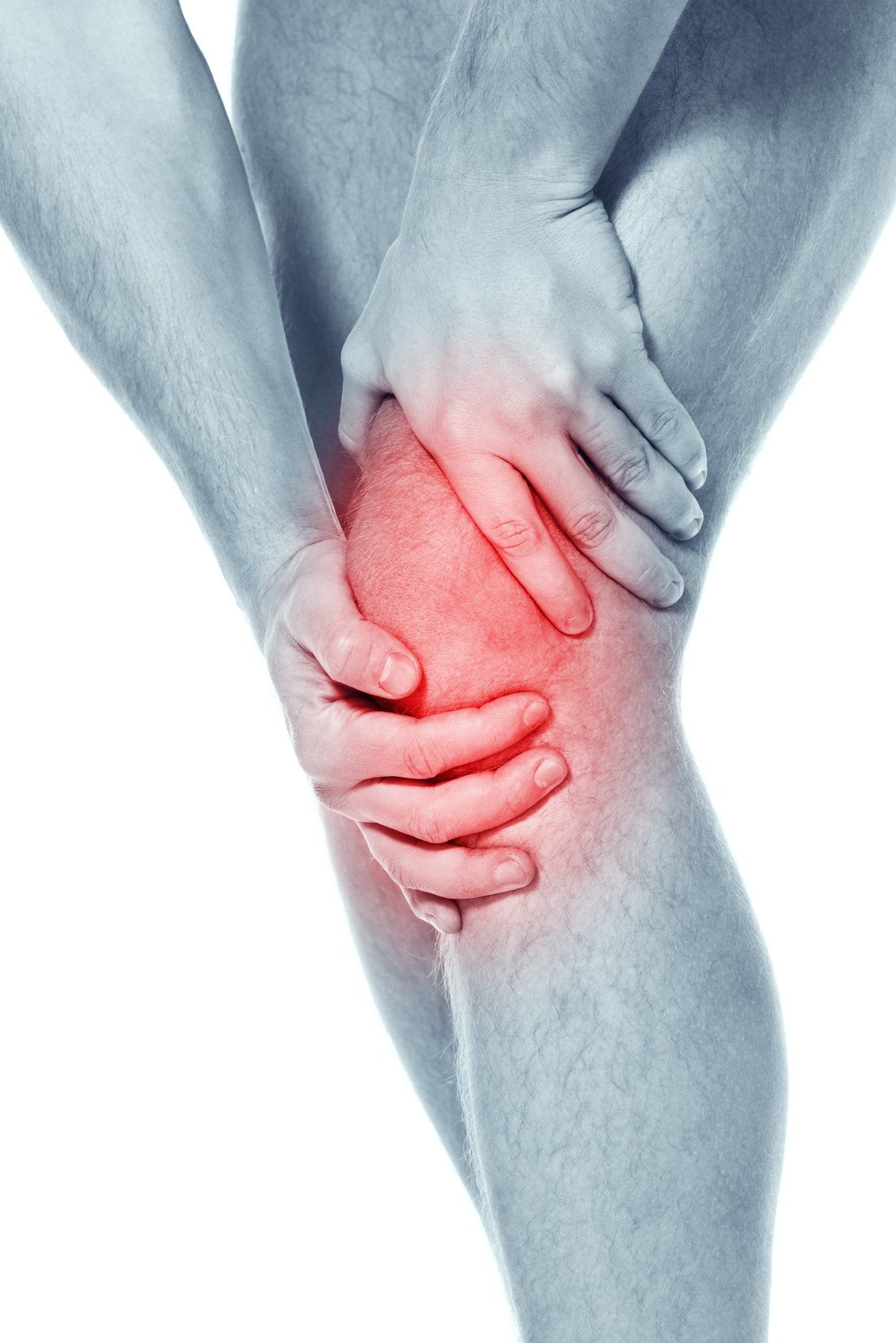Painsomnia - sleep issues caused by pain
Many of us have heard of the medical term INSOMNIA. It refers to a medical condition in which individuals have difficulty falling, staying, or getting back to sleep. There can be short term sleep issues lasting nights or weeks, termed acute insomnia, or long term sleep disturbances ranging months to years, termed chronic insomnia. This can lead to a multitude of general health ramifications.
The first question - how much sleep is recommended daily?
According to United States Centers for Disease control recommendations - adults should generally have 7 or more hours of sleep nightly to help ensure optimal functional status. This
CDC table below helps show
National Sleep Foundation and
American Academy of Sleep Medicine recommendations:
In addition to overall hours of sleep in quantity - several other factors help determine the overall effectiveness of bedtime such as one's sleep quality. Adequate sleep quality is generally defined by the Sleep Foundation as the following attributes:
- Fall asleep soon after getting into bed, within 30 minutes or less.
- You typically sleep straight through the night, waking up no more than once per night.
- You’re able to sleep the recommended amount of hours for your age group.
- You fall back asleep within 20 minutes if you do wake up.
- You feel rested, restored, and energized upon waking up in the morning
Now that we have an idea on general sleep recommendations - now let's talk in more detail about insomnia.
United States Centers for Disease Control
data notes that nearly one third of all US adults report getting less than the recommended hours of sleep nightly. This figure below shows the age-adjusted percentage of adults who reported short sleep duration (less than 7 hours of sleep per 24-hour period), by state in the United States from 2014 census data
One of the most commonly reported reasons for impaired sleep duration or quality is pain at night particularly in those with arthritis.
Up to
80 percent of people with arthritis report some difficulty sleeping - with joint pains at night being cited as the most likely culprit.
National Health Interview Survey Data from the NIH has indicated the adjusted prevalence of diagnosed insomnia was higher among adults with arthritis than those without arthritis. Joint pain and limitation due to pain mediated the association between arthritis and insomnia among those surveyed.
There is data showing
improved sleep quantity and quality is associated with reduced daily arthritis pains - so let us discuss some potential options to help you get a good night's sleep!
1) Practicing good overall sleep habits - often called
sleep hygiene - some recommendations include:
- Regular bedtime/Rise time - consistent bedtime and rise time leads to more regular sleep schedules and avoids periods of sleep deprivation or periods of extended wakefulness during the night
- Avoid Napping - especially naps over 1 hr in duration and naps later in the day
- Limit caffeine - void caffeine after lunch. The time between lunch and bedtime represents approximately 2 half-lives for caffeine, and this time window allows for most caffeine to be metabolized before bedtime
- Limit Alcohol - limit/ avoid alcohol near bedtime. Alcohol is initially sedating, but activating as it is metabolized. Alcohol also negatively impacts sleep architecture
- Avoid Nicotine - Nicotine is a stimulant and should be avoided near bedtime and at night
- Exercise regularly - Daytime physical activity is encouraged, in particular, 4 to 6 hours before bedtime, as this may facilitate sleep onset. Rigorous exercise within 2 hours of bedtime is discouraged
- Keep the sleep environment quiet and dark - Noise and light exposure during the night can disrupt sleep. White noise or ear plugs are often recommended to reduce noise. Using blackout shades or an eye mask is commonly recommended to reduce light.
- Avoiding exposure to television or technology near bedtime, as this can have an impact on circadian rhythms by shifting sleep timing later
- Don’t watch the clock - Avoid checking the time at night. This includes alarm clocks and other time pieces (eg, watches and smart phones). Checking the time increases cognitive arousal and prolongs wakefulness
- Avoid late meals - Avoid a large meal near bedtime, but don't go to bed hungry. Eat a healthy and filling meal in the evening and avoid late-night snacks
2) Make a pre-bed routine that focuses on quiet and calm - find a passtime such as light reading or soothing sounds prior to bedtime to help facilitate sleep
3) In most patients with chronic insomnia - experts suggest cognitive behavioral therapy for insomnia (CBT-I) as first-line therapy. It is a multicomponent treatment typically conducted by expert sleep therapists over four to eight sessions focusing on sleep education, sleep restriction therapy, sleep compression, stimulus control therapy, sleep hygiene, cognitive therapy, and counter-arousal measures including relaxation
4)
Herbal tea could be potential options that have had varying degree
5)
Melatonin
(over the counter) has been used as a sleep aid with varying effectiveness. It is often referred to as the sleep hormone and is a central part of the body’s sleep-wake cycle. Its production increases with evening darkness, promoting healthy sleep and helping to orient our circadian rhythm
6) Attempt to control the physical pain/arthropathy. There a multitude of options that could be attempted such as:
- Hot or Cold therapy - warm baths or warmed blankets can help calm sore joints prior to bed with some people preferring ice to swollen areas
- Anti- inflammatory - an anti inflammatory prior to bedtime may be an effective solution to take the edge off the pains/aches to help facilitate a good night's sleep
Common anti-inflammatory agents include NSAIDs or Acetaminophen. We would clearly recommend
Organic Arthritis as a safe, effective, and natural solution for your needs with a much improved and limited side effect profile. As always - stay healthy, active, and safe everyone!












